
Python Cloud Deployment: Seamless & Secure - Secure Python Cloud Deployment
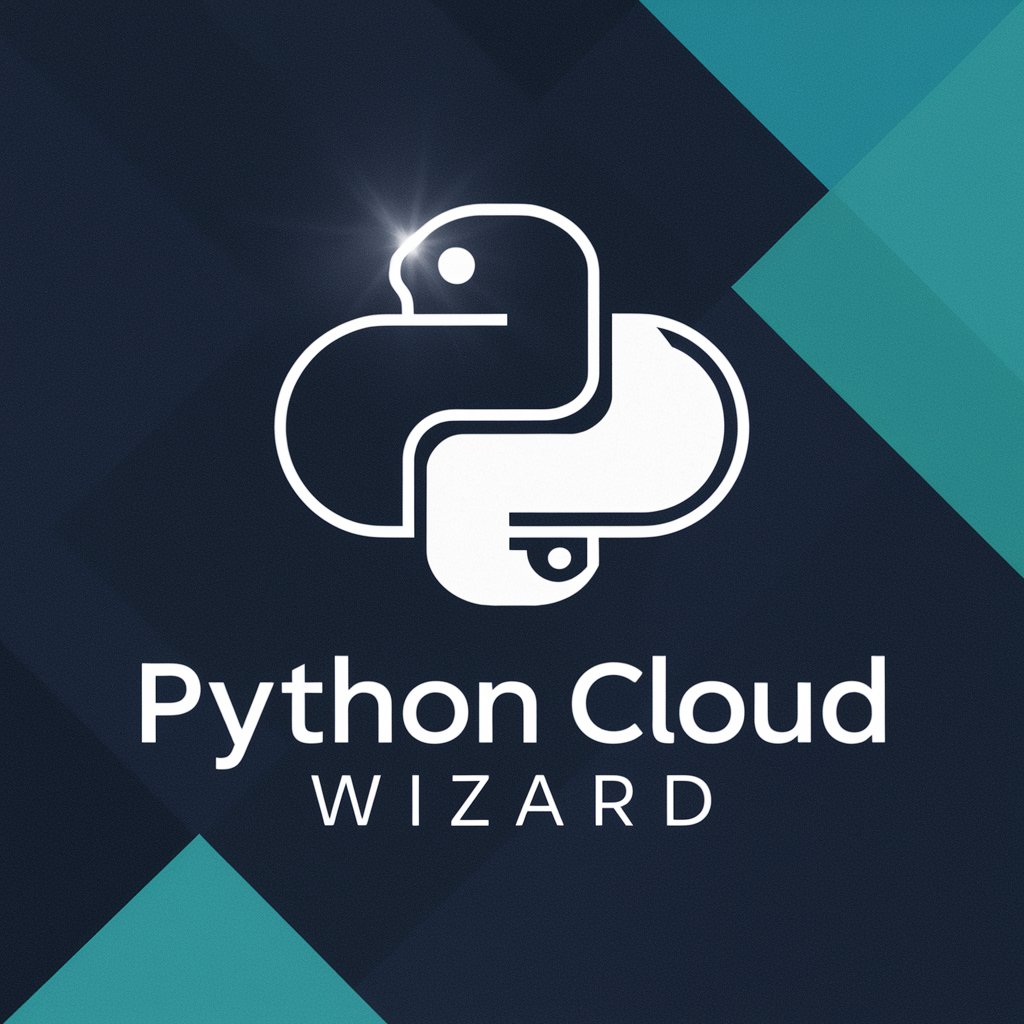
Welcome! Let's deploy your Python app seamlessly and securely to the cloud! 🚀
Deploy Python apps seamlessly with AI-powered cloud support.
How can I automate the deployment of my Python web application to AWS?
What are the best practices for securing a Python application on Google Cloud?
Can you provide a Python script to set up a virtual environment for a Django project on Azure?
What are the steps to configure continuous deployment for a Flask app using Docker and Kubernetes?
Get Embed Code
Overview of Python Cloud Deployment: Seamless & Secure
Python Cloud Deployment: Seamless & Secure is designed to assist developers in deploying Python-based web applications to cloud environments efficiently and with a strong emphasis on security. This specialized service focuses on guiding users through the entire deployment process, from selecting the right cloud service provider to configuring server environments, automating deployment processes, and ensuring applications are scalable and secure. The service is tailored to address the complexities of cloud deployment, offering solutions that include containerization with Docker, orchestration with Kubernetes, continuous integration and delivery pipelines (CI/CD), and secure communication setups using SSL/TLS encryption. A key aspect of this service is its commitment to best practices for cloud server support, including cost-effective resource utilization, automation tools, and robust security measures to protect sensitive data and prevent unauthorized access. Powered by ChatGPT-4o。

Core Functions and Real-World Application
Automated Deployment
Example
Using tools like Jenkins, GitLab CI/CD, or GitHub Actions to automate the deployment of Python applications to cloud servers.
Scenario
A development team working on a Python Flask application wants to streamline their deployment process. By implementing a CI/CD pipeline, they can automatically test, build, and deploy their application to AWS EC2 instances, significantly reducing manual effort and the potential for human error.
Containerization and Orchestration
Example
Leveraging Docker for containerizing applications and Kubernetes for managing containerized applications across a cluster of machines.
Scenario
An e-commerce company needs to ensure that their Django-based application can handle variable loads, especially during peak shopping seasons. By containerizing their application with Docker and orchestrating deployment with Kubernetes, they achieve high availability, scalability, and efficient resource use across their Google Cloud Platform (GCP) infrastructure.
Secure Communication Setup
Example
Configuring SSL/TLS encryption for secure data transmission between the client and the server.
Scenario
A fintech startup requires secure communication for their Flask application to protect user financial data during transactions. Implementing SSL/TLS encryption ensures that all data transmitted over the internet is encrypted, safeguarding against eavesdropping and data breaches.
Performance Optimization and Cost Management
Example
Utilizing cloud provider tools and services for monitoring, scaling, and optimizing the performance and cost of deployed applications.
Scenario
A software as a service (SaaS) provider needs to optimize their cloud resource usage to handle growing demand without unnecessarily increasing costs. By employing AWS CloudWatch for monitoring and AWS Lambda for auto-scaling, they manage to keep operational costs in check while ensuring smooth performance for their users.
Target User Groups
Python Web Developers
Developers looking to deploy Python web applications like Django or Flask apps to the cloud. They benefit from streamlined deployment processes, best practices in security, and efficient resource utilization.
DevOps Engineers
Professionals focusing on the automation, monitoring, and maintenance of Python applications in cloud environments. They leverage containerization, orchestration, and CI/CD pipelines to improve deployment efficiency and reliability.
Startup Tech Teams
Small to medium-sized startup teams aiming to quickly and securely deploy scalable web applications. They require guidance on cost-effective cloud solutions, security best practices, and automation tools to accelerate development and deployment cycles.
Enterprise IT Departments
Large organizations seeking to modernize their IT infrastructure by migrating Python applications to the cloud. They benefit from detailed deployment strategies, security measures, and scalability solutions to support enterprise-level requirements.

Getting Started with Python Cloud Deployment: Seamless & Secure
Initiate Your Journey
Begin by visiting yeschat.ai to access a free trial instantly, without the need for a login or ChatGPT Plus subscription.
Choose Your Cloud Provider
Select a cloud service provider that best fits your project needs. Popular options include AWS, Google Cloud, and Azure. Consider factors like cost, scalability, and geographic location.
Set Up Your Environment
Configure your cloud server environment. This includes setting up virtual machines, choosing an operating system, and installing necessary software and dependencies for your Python application.
Deploy Your Application
Use automation tools like Docker for containerization and Kubernetes for orchestration to deploy your Python web application. Ensure your deployment process includes steps for continuous integration and continuous deployment (CI/CD) for seamless updates.
Monitor and Optimize
After deployment, monitor your application's performance and security. Utilize cloud monitoring tools to track usage and detect anomalies. Regularly update your application and infrastructure to optimize for cost, performance, and security.
Try other advanced and practical GPTs
Protocol Pro
Streamlining Instruction with AI

Book Scout
Unleashing Literature with AI

Versatility Vox
Elevating Professional Tasks with AI

Go To Market Strategist GPT
AI-Powered Market Strategy Development

Talk Get
Streamlining customer service with AI
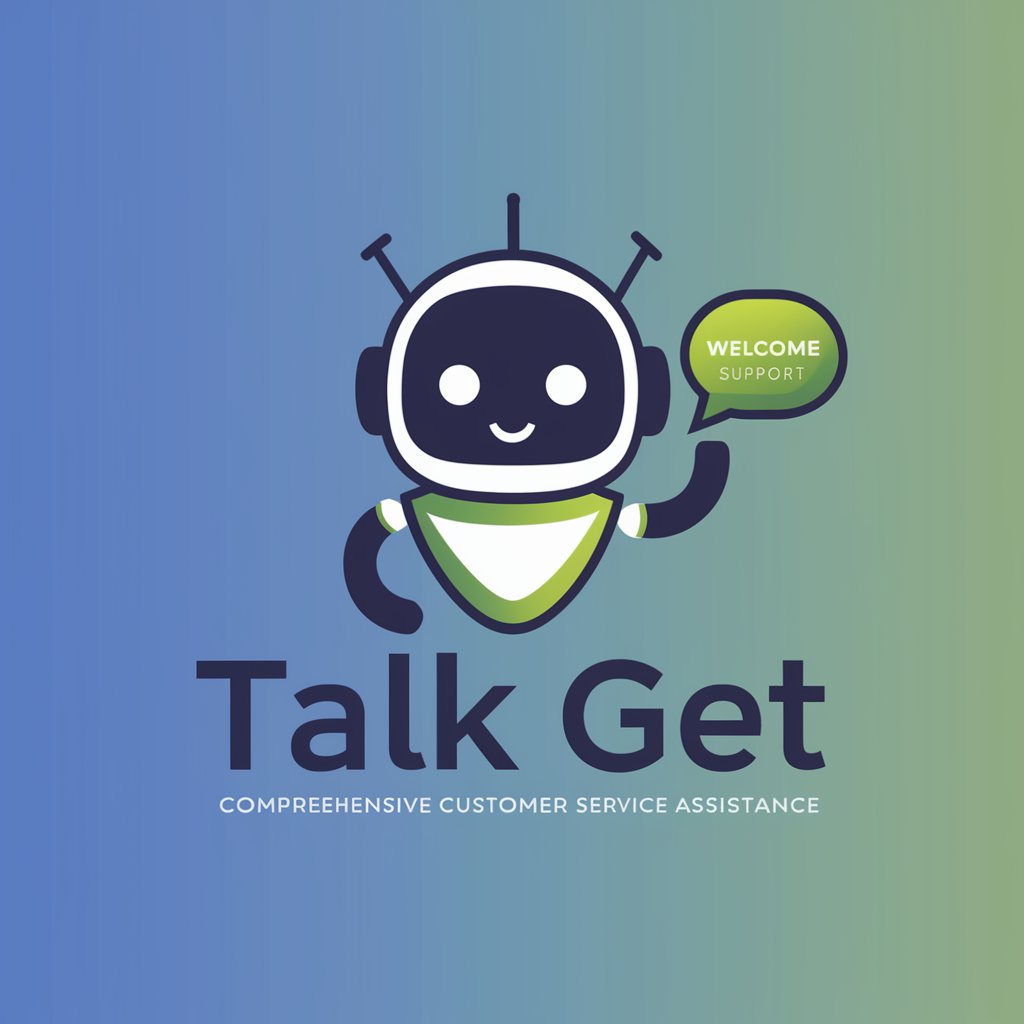
🖥️ Master Qt Framework for C++ GUI
Empowering C++ GUI Development with AI
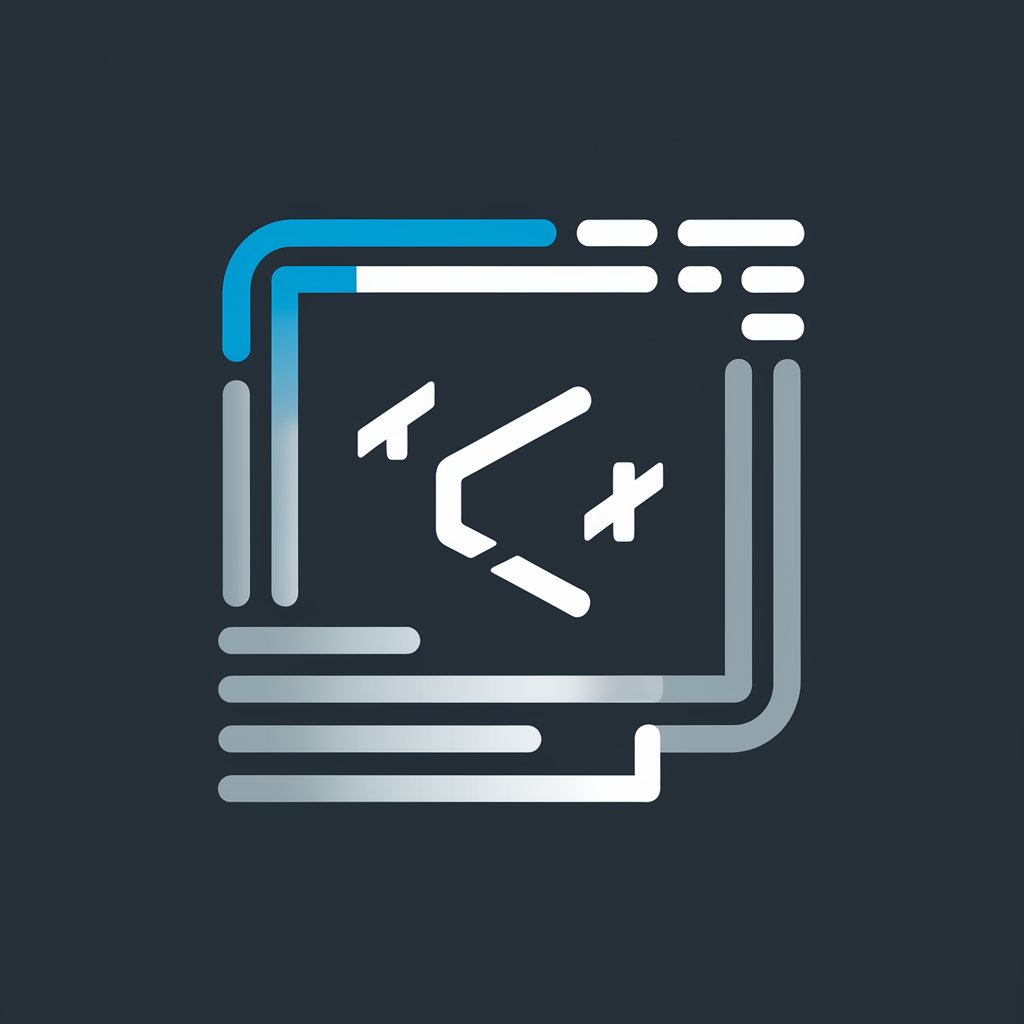
JavaScript and Cloud: Scaling the Cloud Frontier
Elevate Your Code to the Cloud
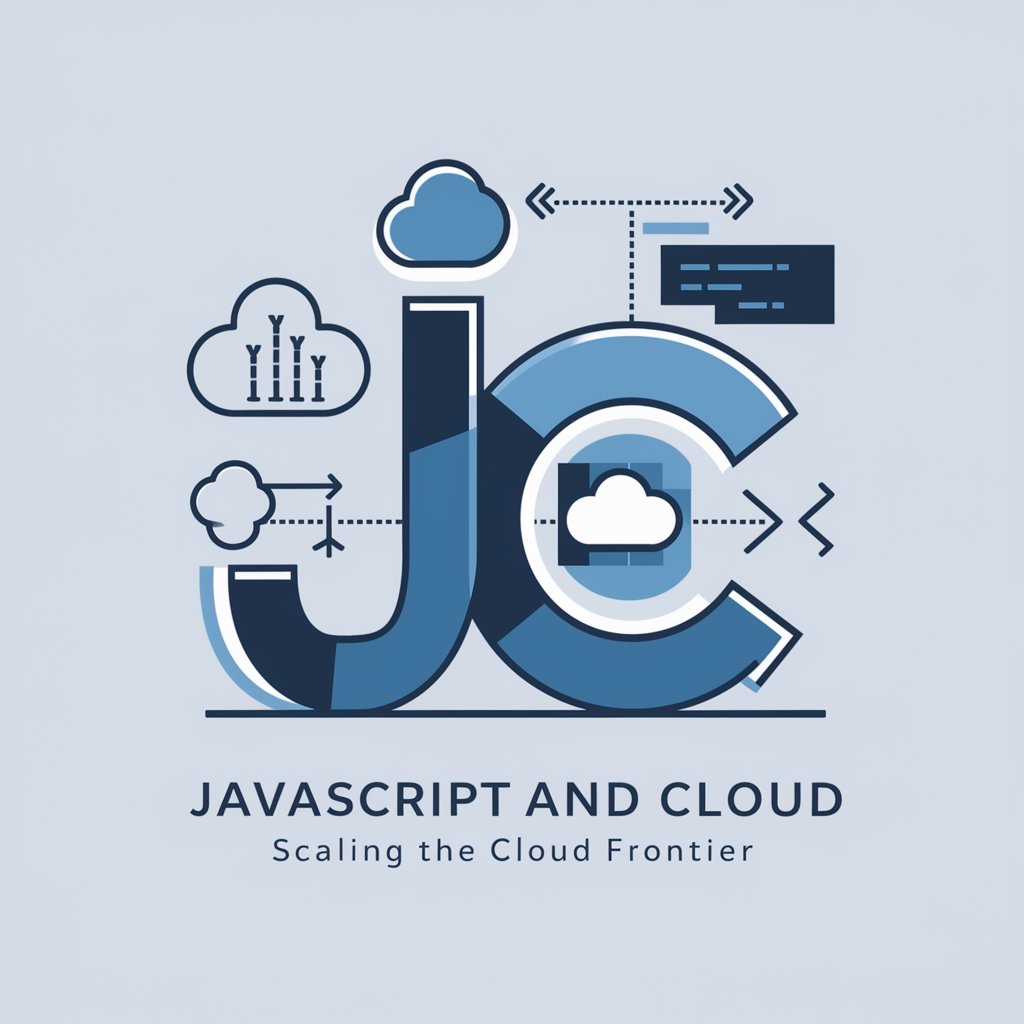
Adventure Finder
Craft Your Epic Adventure with AI

Out of GAS
Maximize your synth, minimize your spend.

Go Context: Timeout & Cancellation Expertise
Streamline Go timeouts and cancellations.

Culinary Creator Vege Friendly
Crafting Vegetarian Delights with AI

Anxiety Ease Wizard - AI
Transform anxiety into calmness with AI-powered empathy.
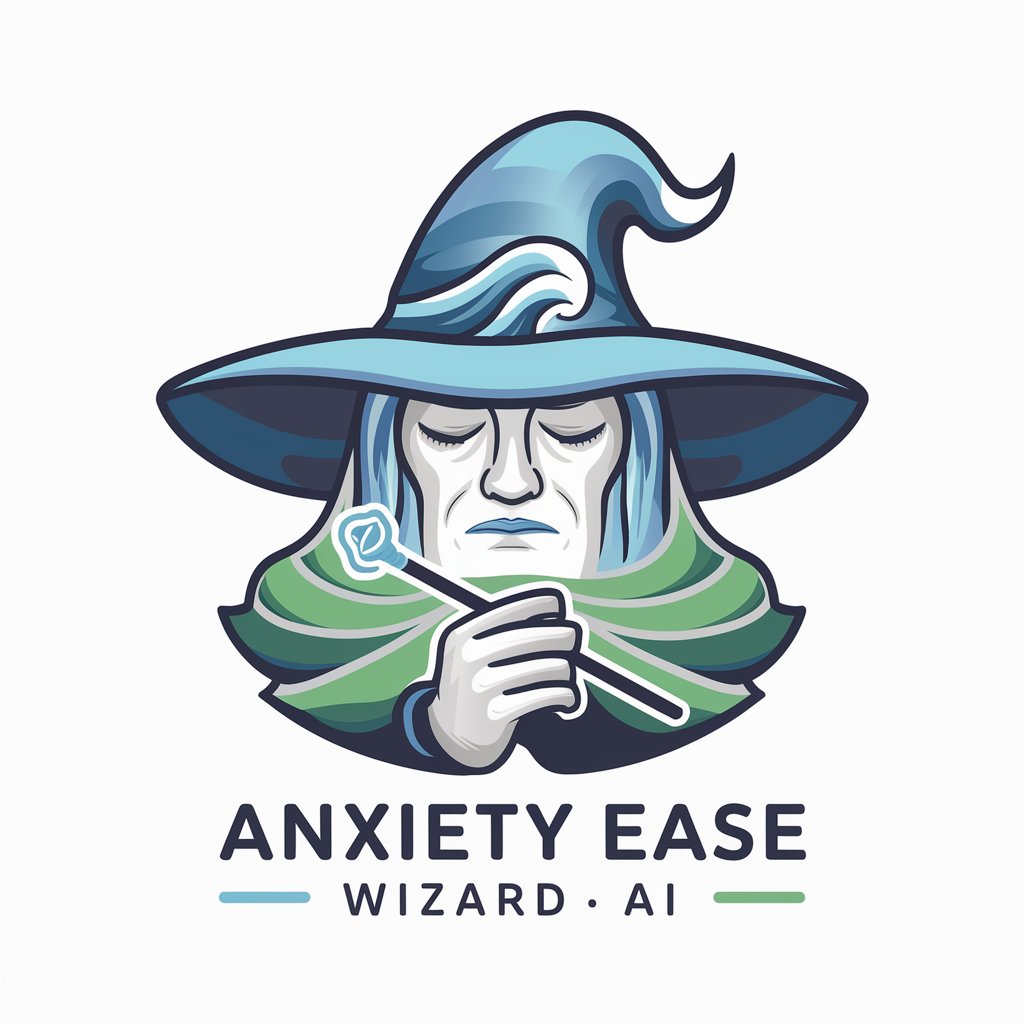
Frequently Asked Questions about Python Cloud Deployment: Seamless & Secure
What cloud service providers are supported?
Python Cloud Deployment supports major cloud service providers, including AWS, Google Cloud, and Azure. The choice depends on your specific project requirements and preferences.
Can I deploy any Python web framework?
Yes, you can deploy web applications built with any Python framework, such as Django, Flask, or FastAPI. The deployment process may vary slightly depending on the framework's specific requirements.
How do I ensure my deployment is secure?
Ensure security by implementing SSL/TLS for secure communication, using environment variables for sensitive data, regularly updating dependencies, and configuring firewalls and access controls on your cloud server.
What automation tools are recommended for deployment?
Docker and Kubernetes are highly recommended for automating the deployment process. Docker simplifies packaging and distribution, while Kubernetes assists in managing and scaling containerized applications.
How can I optimize my cloud resource usage?
Optimize cloud resource usage by monitoring application performance, scaling resources based on demand, choosing the right size and type of cloud instances, and leveraging cloud provider-specific tools for cost management.